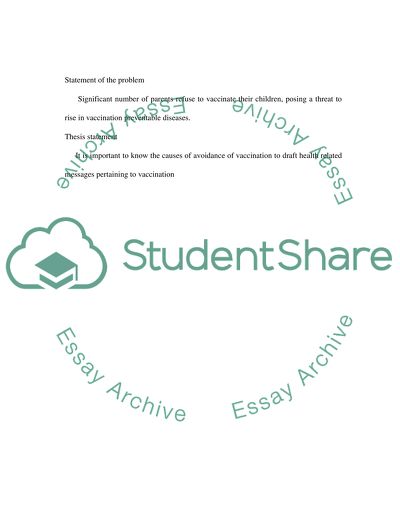Cite this document
(“Clinician's approach to parents who refuse to vaccinate: What works Research Paper”, n.d.)
Retrieved from https://studentshare.org/family-consumer-science/1418682-clinician-s-approach-to-parents-who-refuse-to
Retrieved from https://studentshare.org/family-consumer-science/1418682-clinician-s-approach-to-parents-who-refuse-to
(Clinician'S Approach to Parents Who Refuse to Vaccinate: What Works Research Paper)
https://studentshare.org/family-consumer-science/1418682-clinician-s-approach-to-parents-who-refuse-to.
https://studentshare.org/family-consumer-science/1418682-clinician-s-approach-to-parents-who-refuse-to.
“Clinician'S Approach to Parents Who Refuse to Vaccinate: What Works Research Paper”, n.d. https://studentshare.org/family-consumer-science/1418682-clinician-s-approach-to-parents-who-refuse-to.


